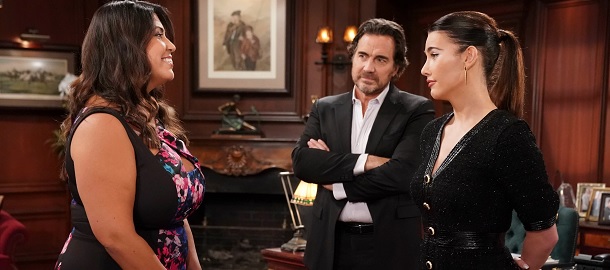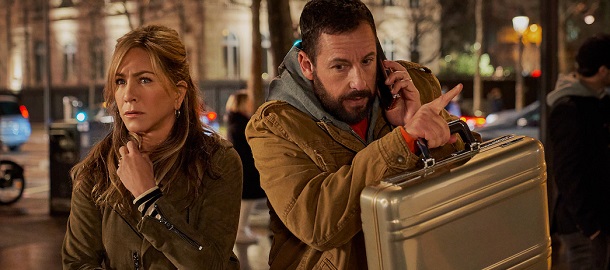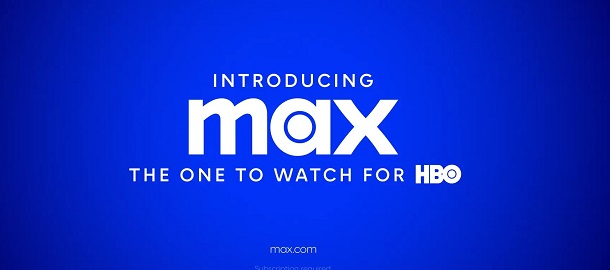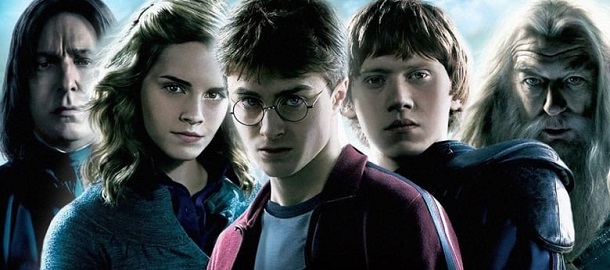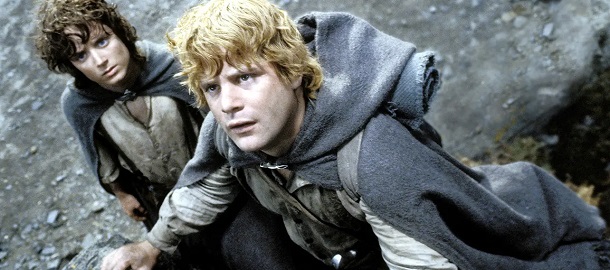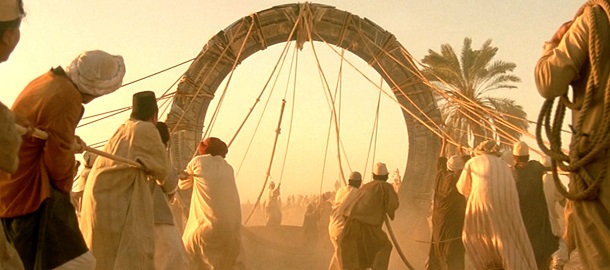Welcome to another round of behind-the-scenes insights (for a longer version, check out my hollywood101.substack.com newsletter, which comes out every Wednesday), or what went down behind closed doors in Hollywood this past week.
Death by a sharpened pencil
Want another reason to keep subscribing to my newsletter? The American association of film screenwriters WGA (Writer’s Guild of America) decided with an overwhelming majority (98% of almost ten thousand votes) that if there is no agreement between screenwriters and producers on May 1st, then there will be a strike. And since some of the representatives of the producer guild (Netflix) are clearly taking a backseat and do not want to negotiate, the probability of a strike of at least several weeks is close to the ninety-eight percent of approving votes.
If it really happens the day after next Monday, we can serially look back at the last big screenwriting strike and its often disastrous consequences. The streamers may pretend to be ahead of schedule, but a two- or three-month long strike would hit absolutely everyone without mercy, and it would only show up in theatrical releases a year or two later, but you definitely wouldn’t miss it.
What is it all about in a nutshell? The screenwriters are asking for an increase in minimum fees, fair royalties / residual payments from the continuously streamed and resold episodes in which they participated, and last but not least, higher contributions to pension funds. Overall, this is an increase of about 600 million dollars compared to the current contract, which will expire on May 1. If the individual factions do not agree on a new one, the screenwriters association under the WGA may not write, rewrite or edit any scripts. The risk of a strike is so high that even on Saturday Night Live this weekend, viewers were warned that the next episode could be the finale of this season. Of course, the representatives of the Hollywood studios look much braver, but who would expect anything else from them, right?
The rich and wonderful has 9000 episodes
Where will a possible screenwriter’s strike take effect first? For projects that revolve daily and are not only seemingly but also really endless. American soap operas came to us in the nineties, when they were bought by the start-up TV Nova. The legendary So Go Time, later also Young and Restless or Fabulous and Rich (the similarity of the names is not accidental, both series are interconnected). They are long-running series, but they are not the biggest record holders, even though the time goes by, especially for the nations of Eastern Europe, it is a kind of benchmark for similarly endless variety shows. General Hospital has been on the air for sixty years without a break, and wow, there’s always something going on at the hospital. Guiding Light (Here in Springfield) was already broadcast in the 1930s on radio, where similar endless series premiered, and then moved to television screens.
The Fabulous and the Rich are well on their way to the current 9000th episode, but it’s still a lovely anniversary. A look behind the scenes of filming probably won’t surprise Ulica fans. Five episodes are broadcast each week, but eight are filmed to give the actors and creators a well-deserved break from time to time. Most of the cast is seemingly immortal on screen and ages with the audience. Some die in the show only after they die in real life. The brutal efficiency of the whole process is ensured by several repetitive backdrops that are perfectly lit, so the shots can be long. When the actors don’t screw up anything major, everything goes smoothly, so two episodes can be completed in one working day. Of course, the result corresponds to this.
Although it might seem that the plots of similar series are to blame for artificial intelligence, or perhaps some generator of random twists, even here the union of screenwriters earns money. It will be fun to see how the nation, which also writes the script for sports broadcasts, will deal with a possible canine strike. Hopefully, wrestling without pre-given instructions won’t get too many people injured. Show must go on…
Netflix: The definitive end of an era
They like me at Netflix, so they timed the quarterly results announcement for Tuesday night, right before the new newsletter was released. And that there was something to announce! A rather tepid increase in subscribers (1.7 million souls) replaced Ted Sarandos’ promises of a massive expansion of the “hammer on black passengers”, which was applied in the second quarter in most of the world and, surprisingly, in the US, where its deployment was expected in the very last wave. It is also related to the fact that Netflix does not give any forecasts about the further growth of subscribers (it already announced the absence of these promises last time), because it can be expected that in Q3 the total number of customers will fall precisely as a result of these purges.
But that doesn’t matter at all, because Wall Street is all about profit, which is an area where Netflix can boast fantastic numbers. You could almost say that the investigation, which is taking place across the streaming landscape, was reflected not only in the quarterly reports, but also in the content offering itself. Netflix didn’t show much in the first quarter, most of the hits were more of a fluke (most recently Night Agent), none of the movie premieres really impressed, including the decently but not fantastically received Murder in Paris. This is where Netflix clearly hit the brakes. The summer promises the return of successful series brands, but at the same time brings with it the threat of a screenwriting strike (see above). Ted Sarandos bravely claims, just as he once did during covid, that Netflix is fully equipped, and in addition, it can rely on European and Asian productions that will not be affected by the Hollywood strike, but even the competition knows very well that these are strong words, because even a several-month outage a year later it shows in the poor content offer, not to mention its qualities.
One of the highlights of the quarterly meche was the announcement of the official end of the distribution of DVDs. This is exactly how Netflix started at the turn of 1997 and 1998, sending out DVDs with movies by mail. For a monthly subscription, you could have as many as you wanted, the condition was that you returned the borrowed ones in a stamped envelope before you could borrow another one. Few people know that Netflix still operates this service. After a quarter of a century, in September of this year to be exact, postmen will breathe a sigh of relief and the characteristically red envelopes will disappear from their bags. It’s a logical optimization and cutting off a dead branch. Now it’s about money first, customers second. Remember that when in a few weeks you get an email instead of an actual letter saying that your account is using a device outside of your usual home network…
Go Max Now!
Last Thursday, just a few hours after the release of the newsletter, David Zaslav had his big moment, during which WarnerMedia Discovery solemnly announced what had been echoing in the corridors for several weeks to months. HBO Max is rebranded as Max. And the new service will not only offer familiar content, but also the catalog of the Discovery+ streaming platform. It continues to run because WBD realized that viewers (mainly female viewers) of Discovery+ will not necessarily want to pay more money for Hollywood blockbusters and prestigious series, because it is simply not their domain.
To be clear, Discovery+ can also be WBD’s secret weapon in Europe, because of all the endless and cheaply produced series about home renovations, finding rentals and new housing, all kinds of reality-show weirdness (TLC especially excels at this), but of course also nice documentaries from the original Discovery, they may bring a portion of the population to the stream. The big question mark is the extent of localization, but given that the new service will be rolled out in waves, we don’t have to worry about it just yet. After all, the voice-over dubbing of similar channels on Czech cable channels (where, for example, the successful House Hunters from the Discovery+ catalog is shown) is not a high bar at all. Viewers are simply used to such shows.
The point is that such programs pamper an audience that stays in front of the screens for a long time (have you ever ironed?) and will not want to give them up. The new Max can therefore have a hook for several household members at once. And by getting rid of HBO in the name, WBD can mix prestige TV and reality spy shows without scruples because they no longer have to live up to the famous “We’re not TV. We are HBO”. Of course, the famous brand remains one of the main building blocks of Max, but with an old name it is easier to sell customers on a seemingly disparate program scheme.
However, the hussar piece is the new pricing policy. Max will offer three different plans (HBO Max had two). Max Ad-Lite with embedded ads for ten dollars and Max Ad Free without ads for sixteen. Both limit the maximum resolution to 1080p, lack HDR and only offer two simultaneous streams. Max Ultimate Ad Free will be capable of 4K, four simultaneous streams, Dolby Atmos or 100 videos downloaded for offline viewing. It costs customers exactly twenty dollars.
But the biggest highlight of the whole event was not this “cleaning” of one’s own household. Zaslav knew he needed a real bombshell, so he announced a new series from the Harry Potter world. Ten seasons, each plus or minus dedicated to one Potter book. Yes, we’re going back to Hogwarts and retreading the beaten path of the movie, ie basically the same thing Warners is planning with LOTR. Isn’t it boring? Certainly, but at the same time the biggest possible sure bet. Harry Potter pays for one of the most valuable, quite possibly even the most valuable IPs in Hollywood. It can be milked in a million ways and, for example, the series Wednesday showed that the audience was definitely not fed up with school series à la Potter. In addition, the sales of the video game Hogwarts Legacy showed that the controversy surrounding JK Rowling certainly did not hurt sales. The Warners have finally figured out how to reopen the chest full of gold they’ve been sitting on for years.
And whoever says that audiences want new stories from the furry world of Harry Potter is forgetting how much Warners got burned with Fantastic Beasts. In essence, even Disney is still milking Star Wars in concentric circles around the Skywalker family (and will continue to do so partly with new films, see the return of Rey), because anything too new is simply not worn in contemporary Hollywood. This is going to be a huge hit. Whatever we think of Zaslav, the fact that he was able to get two similarly valuable IPs (LOTR, Potter) back into the game is undeniable. However, his year of defending is over, now it is time to turn promises into results.
Prime and remake madness
And finally, a bit of “optimism”. Paramount (translate: SkyShowtime) entertained us with its crazy wave of series spinoffs a few weeks ago, but now it’s Amazon’s turn. He bought MGM a long time ago and sent several interns to its archives. Now they’ve returned to overgrown and dusty, so we can start rounding up their catches. True blonde? Yes, probably a third movie (sequel) and a series prequel. Robocop? Yes, first the series, then, if successful, the film. Stargate? A sci-fi blockbuster and then maybe a few serials like SG-1 et al. What do we have next? The Thomas Crown Affair, Barbershop, The Brave Seven, The Pink Panther…
Most of the ones mentioned are in the “promise you won’t disappoint” stage, but don’t forget that Jeff Bezos’ pockets are bottomless, so it only takes one hard-working screenwriter, and within a year we have the first unsolicited remakes, sequels, prequels, or even requels. Maybe the strike isn’t such a bad idea after all, huh?
Otherwise, it’s not such a joke with those Indiana Jonesian interns. MGM had a huge archive tens of meters underground, in a salt mine somewhere in the middle of Kansas. Deciphering many contracts is also close to archaeological research, when some films have a dozen producers and the claims to one or another license may fall under the purview of many, sometimes no longer living, persons. This is also why untangling the family silver of a more than a hundred-year-old studio is a time-consuming operation.

